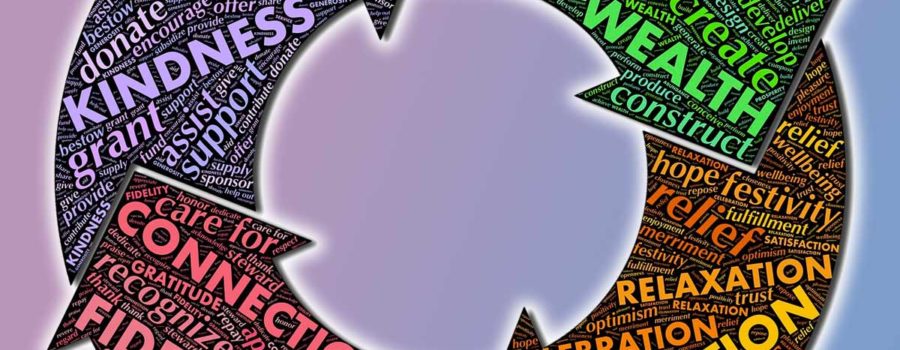What Role Does Wealth Play in Happiness?
Wealth provides the freedom to pursue opportunities, support your loved ones, and experience events that make you happy. But what role does wealth play in happiness? And how much money do you need to be truly happy? These are questions that get debated all the time, but there’s no single answer. Instead, think of your relationship with wealth like the relationship you have with food. Just as you can eat too much and not be satisfied, you can also get too attached to wealth and end up stressed out and miserable because of it.
Why Should We Care About Happiness
Researchers have always linked money to happiness, but recent surveys are showing that it may not be quite as much of a contributing factor as previously thought. Why should we care about happiness at all, anyway? It turns out that it could lead to improved physical and mental health—and even save companies money on unnecessary costs.
Wealth Correlates with Happiness
The correlation between wealth and happiness is well-documented. The Gallup Organization’s State of Global Wellbeing report found that people with high income were more likely to have experienced happiness, smiling, laughing, enjoyment, and other positive emotions over a one-week period than those with low income. In fact, on average, higher incomes led to a 12 percent increase in wellbeing. Using your money to purchase experiences, such as a trip or a night out with friends, can make you feel happier than purchasing material goods. In one study, participants were given $40 and instructed to spend it on either a material item they wanted or an experience they hadn’t tried before. Participants who purchased an experience felt more satisfied with their purchase and happier overall compared to those who bought something material.
Spending on Others Leads to Increased Happiness
According to a 2011 study from Princeton University, increased spending on other people has a positive relationship with happiness. Spending on yourself, however, does not have a similar impact. In fact, at low levels of income, spending on others is more likely to make you happy than spending on yourself. This effect declines for high-income households and disappears above a household income of $75,000 per year. If spending more money isn’t making you happier—giving it away might!
Money Can’t Buy Happiness
“Wealth doesn’t buy happiness.” – David Copperfield
The common assumption is that people who have a lot of money are happier than those who don’t. However, a growing body of research suggests that wealth and happiness aren’t necessarily related. People with more money tend to be happier than those with less only when they have earned their wealth through hard work or smart saving rather than by winning a lottery or being born into an affluent family. If anything, it has more to do with the quality of life than just your annual income. True happiness comes from living a fulfilling life filled with family and friends—not your bank account balance.
Moreover, happiness isn’t some fixed quantity; it ebbs and flows depending on the amount you’ve accumulated, how well you manage it, and whether you’re satisfied with what you’ve achieved.
Wealth and Happiness: The Bottom Line
Wealth provides the freedom to pursue opportunities, support your loved ones, and experience events that make you happy. But what role does wealth play in happiness? And how much money do you need to be truly happy? These are questions that get debated all the time, but there’s no single answer.
While money is certainly a key component of happiness, it isn’t the only one.
While money is definitely an important factor in happiness, it doesn’t mean that more money is the best way to increase your happiness.
Additional Resource: Happiness Starts With You Course
More From ShareHappinessNow: Share Happiness Now Archives






